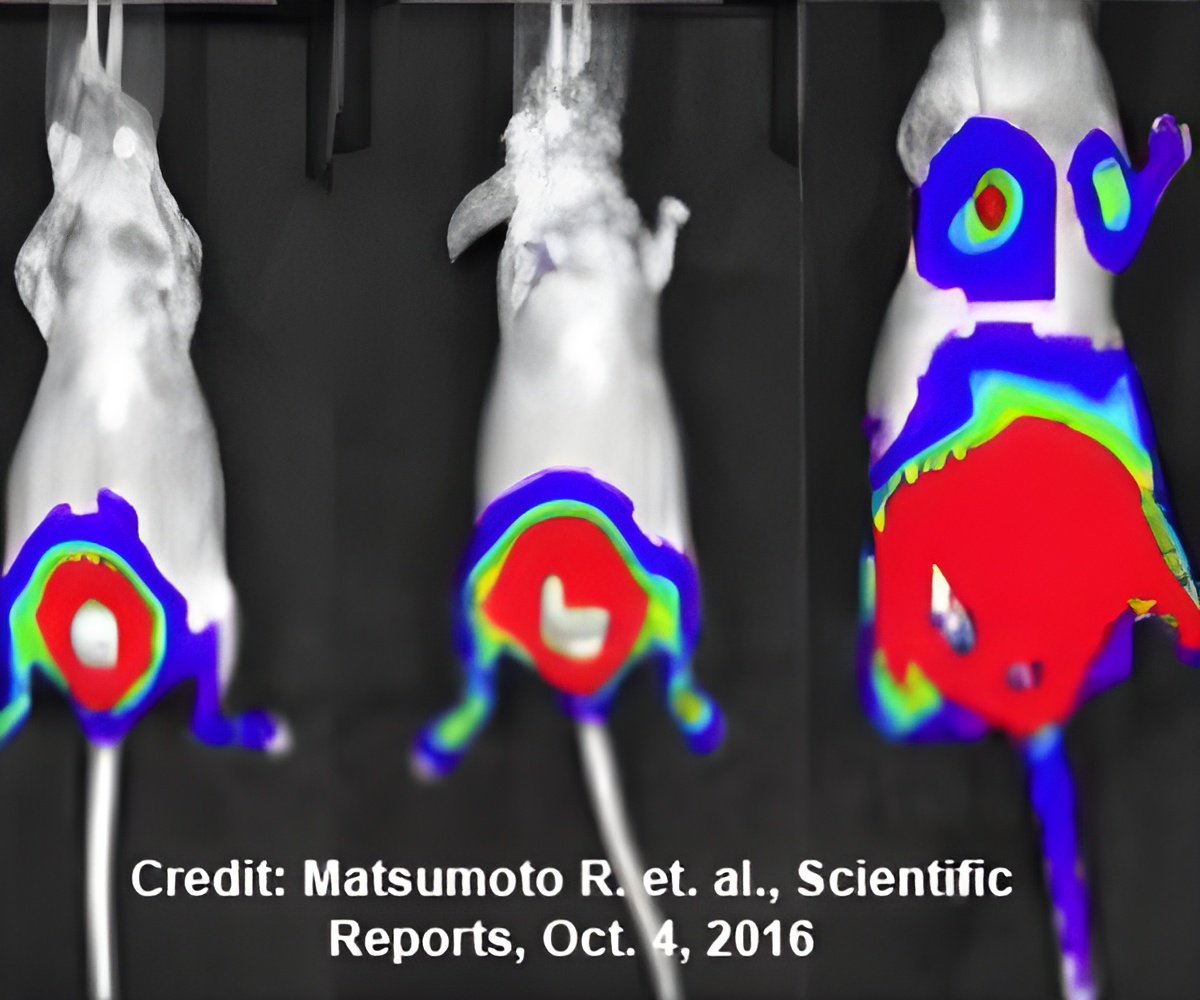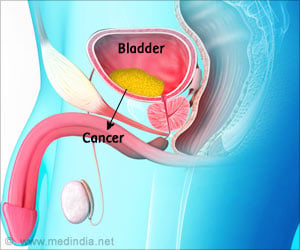Cold medicine was found to be a new treatment option for metastatic bladder cancer. Flufenamic acid inhibits AKR1C1 enzyme and suppresses cancer cells.

‘Nonsteroidal anti-inflammatory drug for the treatment of cold was found to suppress the spread of bladder cancer.’





A team of researchers in collaboration with Dr. Nobuo Shinohara of the Department of Renal and Genitourinary Surgery at Hokkaido University created a xenograft bladder cancer model. The research study was carried out by inoculating human bladder cancer cells labeled with luciferase into the mice. The primary xenograft model of the bladder gradually grew and tumors were detected all over the lungs, liver and bone after 45 days.Microarray analysis including more than 20,000 genes for metastatic tumors was used to discover a 3 to 25 fold increase of the enzyme aldo-keto reductase 1C1 (AKR1C1). The enzyme was also found at high levels in metastatic tumors which were removed from 25 cancer patients. This proved that the same would also occur in the human body.
An inflammatory substance like interleukin-1 around the tumor was also found to increase the metabolic enzyme levels.
The research team from Hokkaido University also identified that AKR1C1 enzyme was found to simulate the tumor - promoting activity and block the effectiveness of anticancer drugs like cisplatin.
They also discovered that inoculation of flufenamic acid into the cancerous bladder cells would suppress the tumor promoting activity and restore the efficacy of anticancer drugs.
Advertisement
Dr.Shinya Tanaka from the research group also says that "This latest research could pave the way for medical institutions to use flufenamic acid--a much cheaper cold drug--which has unexpectedly been proven to be effective at fighting cancers."
Advertisement
Source-Medindia














